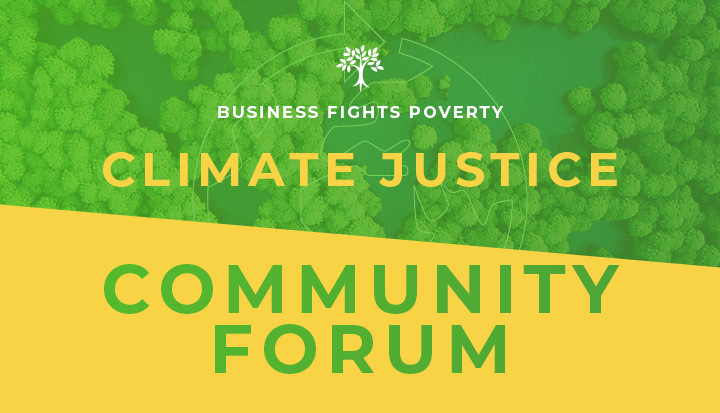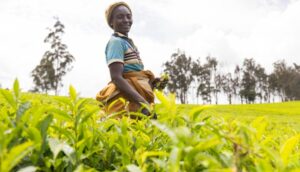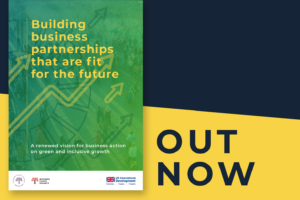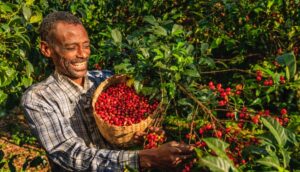This leadership perspective is part of a series on the theme of creating business value and development impact in the WASH sector. The series and accompanying discussion paper are co-produced by Water and Sanitation for the Urban Poor and Business Fights Poverty.
Supporting suppliers with initiatives and programmes that improve their operations beyond auditing is important to Marks & Spencer. Part of this process is to understand the needs of the workers within our supply chain—beyond the factory gates.
We have good traceability throughout our supply chain and know the locations of all of the manufacturing sites where our products are made, and so this allows us to assess what programmes will help both our workers and their local communities.
Our motivation for doing this is two-fold. Firstly, our customers demand a high degree of integrity from us, and they expect and trust us to be working behind the scenes to make sure that our supply chain includes social investments. And secondly, corporate sustainability is a key factor to ensure we have a supply base that is fit for the future and we have security of supply. Our social responsibility, to do the right thing in the countries that we source from, is very important to us. We hope to achieve both direct and indirect benefits for factories that are M&S suppliers.
Over the past three years, we have been partnering with UNICEF to run a pilot community programme in Bangladesh’s slums. It is a holistic multi-intervention model addressing the interconnected challenges for children at critical moments of their development, looking across healthcare, nutrition, education, protection, water and sanitation.
Improving water and sanitation in two locations close to our factories has been a significant part of the programme. UNICEF and its local partners have been building and improving latrines and water points, educating people on sanitation as well as setting up child care day centres, early learning schools and pre-primary classes, among many other activities.
Assessing the success of the programmes is complex. UNICEF uses a number of key performance indicators that measure the number of people reached directly by its projects. And although it is not known if any of those living in the slums actually work in our supply chain, as very few people would admit to living in informal settlements, we know there is a social benefit from the overall uplift in community health that results from better access to water and sanitation and other UNICEF provided services.
In terms of impact assessment, the short term KPIs look at the outputs of the programmes, but on a longer-term basis, UNICEF will measure some outcomes as well. In particular, we have seen that government policy has been influenced as a result of our interventions with UNICEF.
The government has already taken over the running of several water points, taking clear responsibility for providing clean water for the population.
UNICEF is now looking to scale its interventions in Bangladesh. The current three year pilot has reached over 30,000 residents and the ambition is to reach 200,000 by increasing the size of current programmes and extending to different locations. Collaboration is key to making an impact at scale and UNICEF is reaching out to additional brands and retailers so that together the wider garment sector can improve children’s lives.
As UNICEF scale the programme, they will continue to partner with local and international delivery partners. From our perspective, it is the collective knowledge, expertise and local intelligence from this matrix of organisations that means we can make a difference on issues like water and sanitation.
An important element of all our factory and community-based programmes includes investing in local organisations and local delivery partners to build capacity and ensure they are able to sustain themselves going forward. We want to make sure the local organisations continue to build and grow, delivering impact well into the future.










